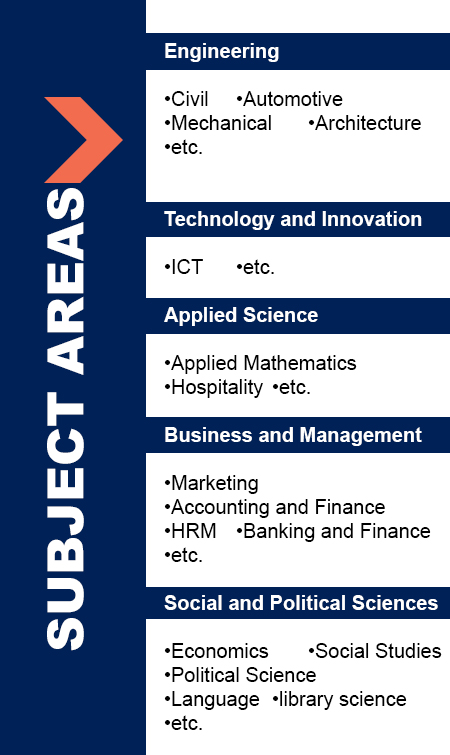A Survey Analysis on Institutional Challenges in implementing Public Private Partnership (PPP) Projects: A perspective from a developing economy of Ghana
Abstract
There is an increasing demand for infrastructure projects all over the world. One important model adopted in providing them is Public –private partnership. To this end, this study aims at identifying the most influential factors as well as new factors that will serve as barriers against the adoption of PPP as a model in procurement of social projects in Technical Universities in Ghana. Using a survey questionnaire, appropriate data were obtained from Ghanaian Technical Universities. In all, a total of 152 questionnaires were collected from the participants. The research found that `lack of governmental guidelines and procedures’ was perceived as the most important factor with a mean score of 4.12. The remaining four factors in descending order include; ‘high risk relying on the public sector, high charge to direct users, very few scheme reach the contract stage and high participation cost. These are depicted with the following mean scores (4.10, 4.02, 4.01 and 3.99 respectively. The factors considered as neither most important nor least important include; less employment positions, lack of experience and appropriate skills, a great deal of management time spent on contract transactions and lengthy delays in negotiations. Interesting enough, the factors that are considered as least important include; excessive restrictions on participations for PPP with a mean score average of 3.67. Also, high project cost and political instability were also perceived as least important. This shows that these two factors were not seen as the same most important hindrances. The results shows that practitioner’s (public institutions and private investors) should consider these key factors as barriers to be address for adoption and implementation of a successful achievement of PPP projects.
Citation: Mumuni Ishawu, Chen Guangyu, Emelia Darko Adzimah, Aliu Mohammed Aminu. A Survey Analysis on Institutional Challenges in implementing Public Private Partnership (PPP) Projects: A perspective from a developing economy of Ghana, 2020; 5 (2): 24-35.
Received: April 14, 2020
Accepted: June 30, 20




